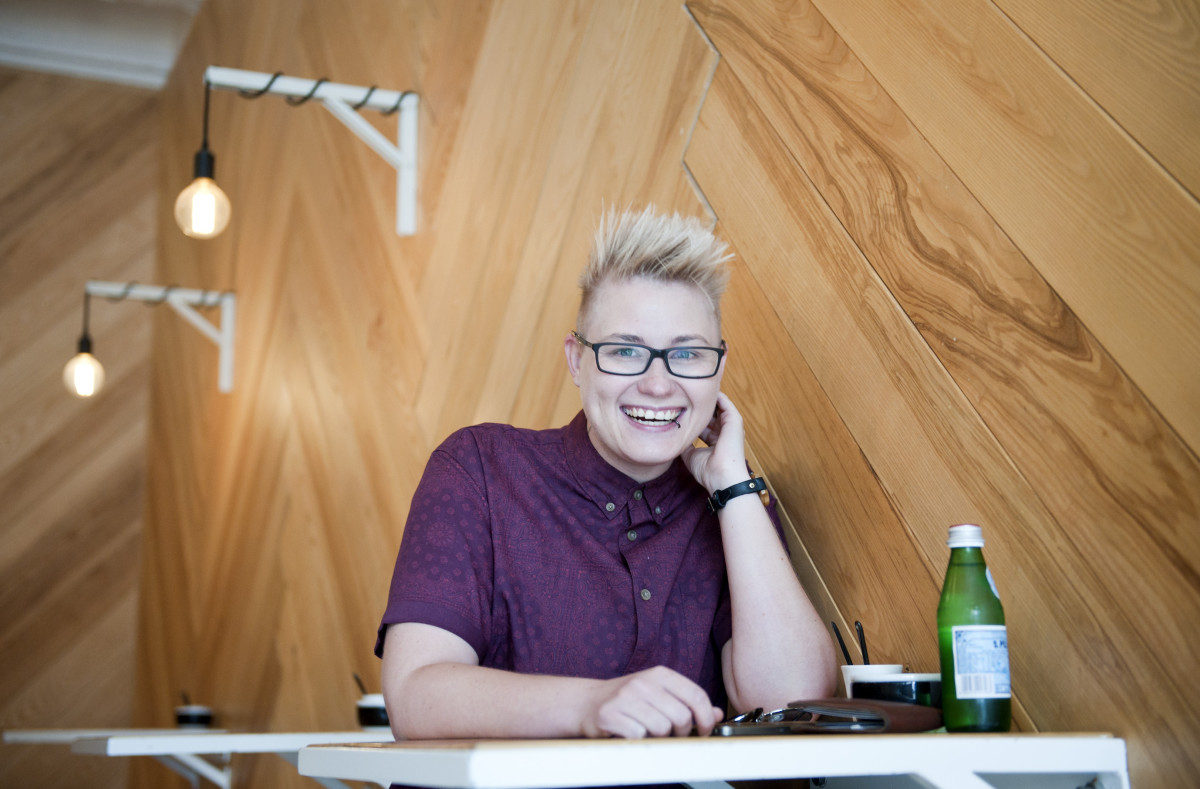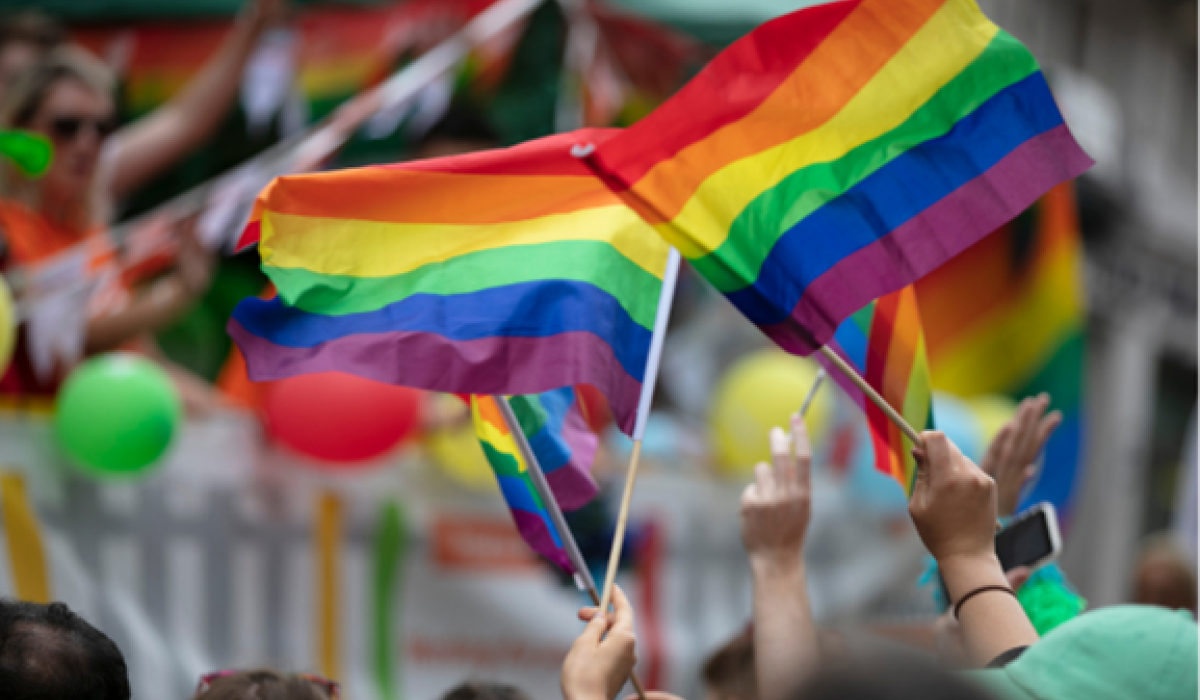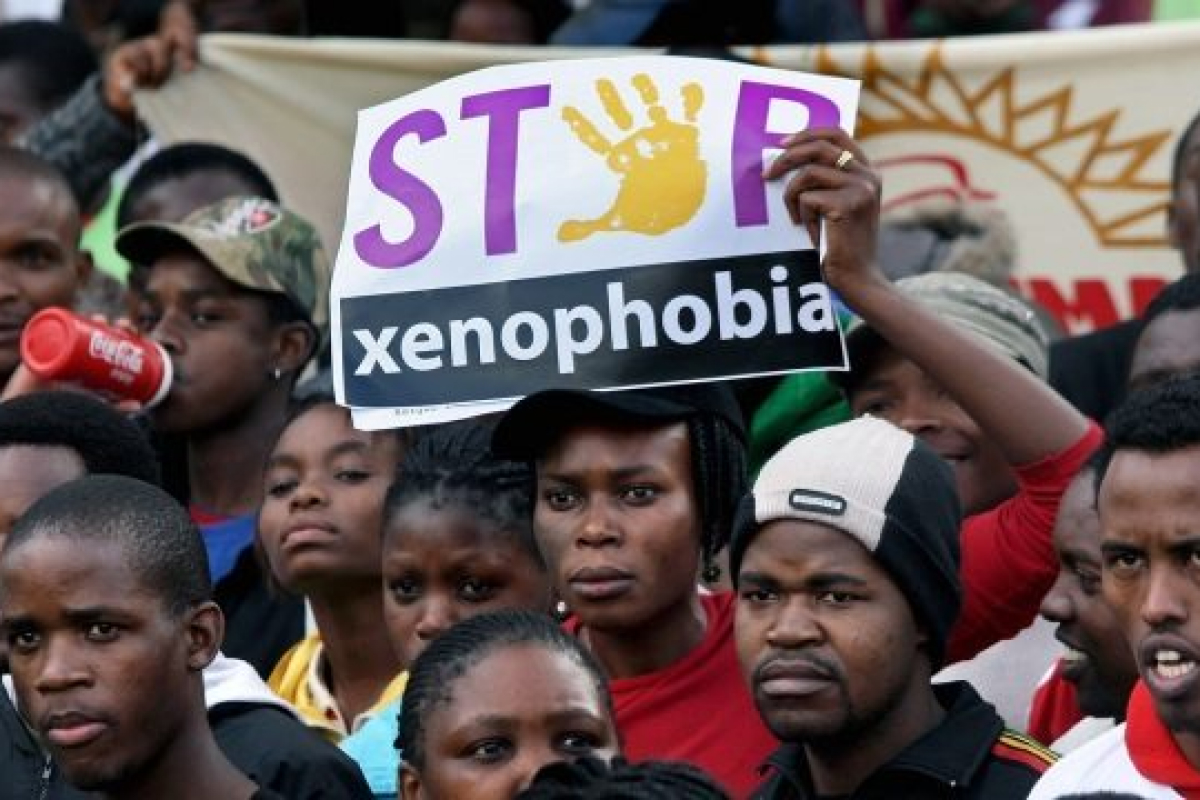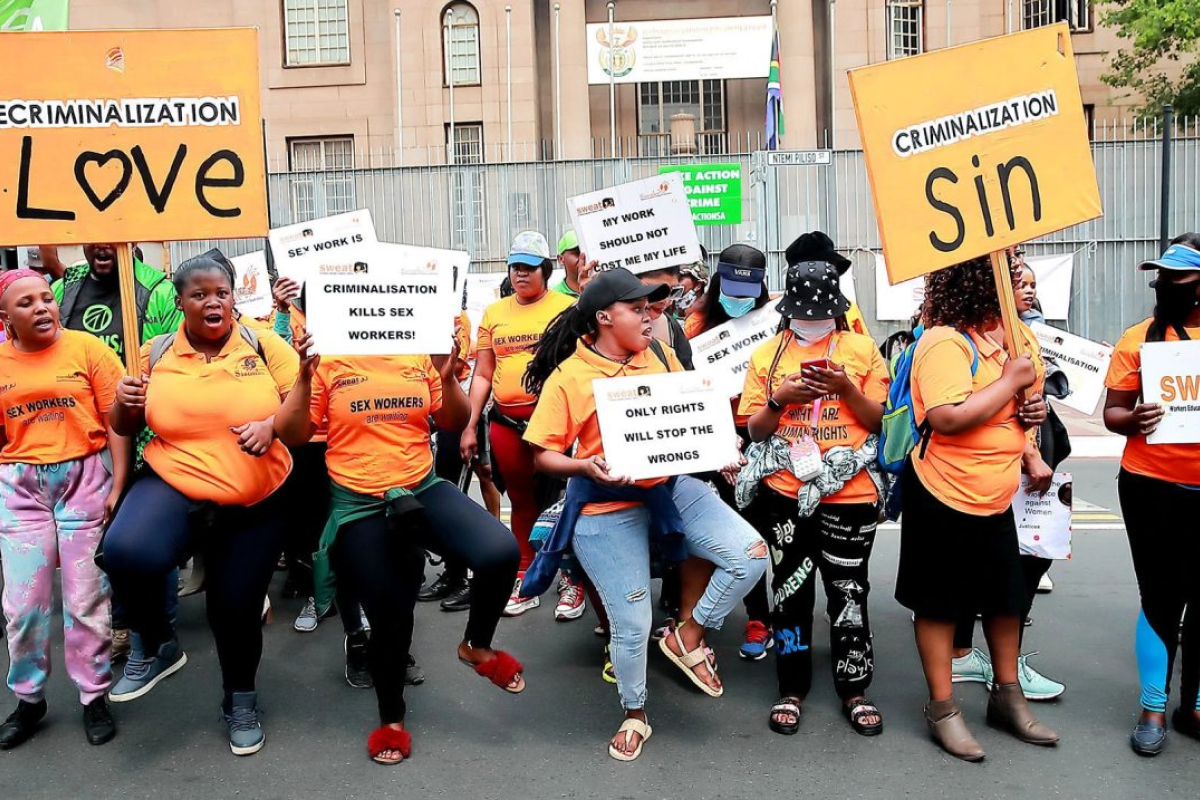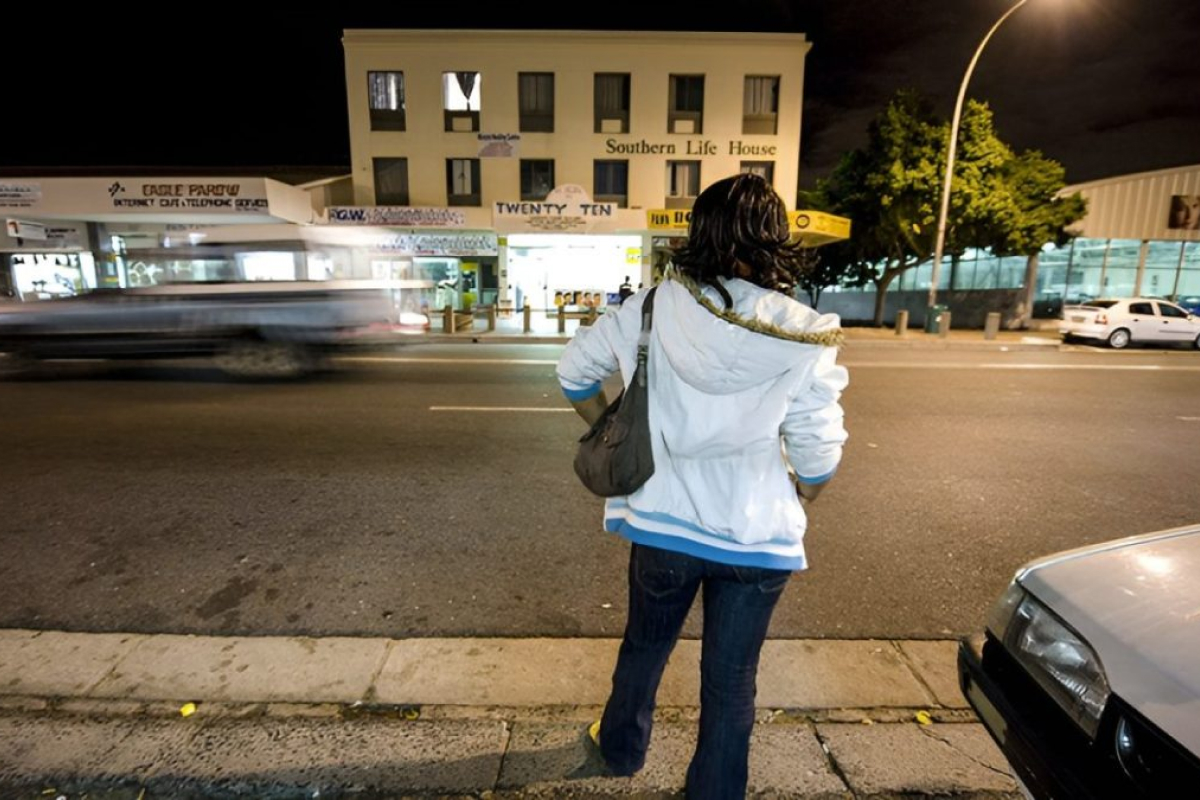When Demelza Bush was a little girl, she knew she wasn’t. But it took her 28 years to figure out just what she could do to align her body with her mind.
When I was five years old I hid in our spare bathroom and tried to urinate standing up. That’s how all my friends did it. Except me. I had to sit down. This upset me. I wanted to be like my friends.
I imagined wowing them all the next day when, I too, could stand with the best of them.
I knew what I was doing was somehow ‘wrong’ – though I wasn’t sure exactly why – so I hid in the spare bathroom, the one no one really used. But my mother did catch me and when she saw me, her face contorted into a look of absolute fury and disgust. I scrambled to pull my pants up as quickly as possible. I will never forget that look on her face.
“What are you doing?!” she screamed, ordering me to stop immediately and threatening to tell my father. I was so ashamed.
My five meagre years hadn’t adequately equipped me to properly hide from my parents, but that would eventually change.
I didn’t know what the punishment would be from my father for this clearly heinous crime, but the mark of shame was enough and all I remember. I never tried to urinate standing up again.
In retrospect, I wonder where my instinct to hide came from. How did I know my parents would be angry? Was it already so entrenched in me from such a young age that girls should be girls and behave like girls, and boys should be boys and behave like boys?
I was a tomboy. I despised Barbie. I liked guns and playing Teenage Mutant Ninja Turtles. I was always Leonardo, the blue turtle. I took karate lessons and climbed trees and I never ever wanted to play with the girls. I found their games of dolls and dress-up so boring. A quick look at our family photo albums show countless images of me dressed as Zorro, a sheriff, the karate kid – and sometimes all three at once. Interspersed with those are pictures of me in frilly, aproned dresses, the ones my mother used to make me wear sometimes. But one look at these photos reveals just how uncomfortable I was masquerading as the archetypal fairytale daughter; grimace on my face, wide-legged stance, hands shoved deep into non-existent pockets.
It wasn’t until a few months ago that I figured out why the notion of being a girl/woman freaked me out so much and made me so terribly uncomfortable.
I’m not a woman. But I’m not a man either.
For years I have been telling people that I am not a woman. Women friends at my previous place of work would chat about make-up and dresses and I would shrug and say, ‘I don’t really understand this stuff, I’m not really a girl.’ ‘Demelza, of course you’re a woman!’ they would exclaim, adding, salt to the wound, ‘Why don’t you ever wear dresses? You’d look so pretty in a dress.’
I don’t want to be ‘pretty’. But I never really fought back because, well, if I’m not a woman and I’m not a man, then what am I? The world had taught me that sex equals gender, and I was born with breasts and a vagina. So why was I so angry with people for pointing something out that was obviously true?
Now, I understand that gender has absolutely nothing to do with what bits you were born with. Gender is a social construct. We are taught to exist within the binary: If you are not one, then you are the other. When I realised that I don’t identify with either/or, but rather with both, I started to question society and all of the social constructs we are force-fed.
I realise now that what made me so angry with those women at work was their arrogance. Who the fuck are you to tell me who I am? Surely when someone tells you who they are, you should believe them. Surely I know who I am better than you. I am the one who has lived in this body and I get to decide who I am. But I was so conditioned by the social construct and the parts I was born with that I guess my confusion shone through.
People make assumptions about others based entirely on how they look, all the time. Gender is how you assert yourself in the world, it is a performance, it is how people perceive and read you and presume to know things about you. If you are a ‘man’ then that means certain things must be true about you. Men are competitive, strong, self-confident, aggressive. If you are a ‘woman’, another set of things must be true about you. Women are soft, nurturing, sensitive, emotional. But how much of this is really true for each of us and how much have we just been conditioned to believe is true?
As I’ve gotten older, I’ve become less confused. When I was a child, I was a tomboy. When I was 14, I realised I was a lesbian. In my mid-twenties, I realised I didn’t like the term ‘lesbian’, so I started using the all encompassing term ‘queer’. It took me 28 years to get to “what” I am now: I am genderqueer.
I am queer. Genderqueer. Gender nonconformist. I don’t identify as male or female. Just me.
One definition of ‘genderqueer’ is: Denoting or relating to a person who does not subscribe to conventional gender distinctions, but identifies with neither, both, or a combination of male and female genders.
I understand that calling myself ‘genderqueer’ is boxing and labeling myself. But it is important for us, as human beings, to feel part of a community, to know that there are others like us. We all want to belong. We don’t want to feel like we are alone in the world. For me, the major problem with labels is when people use those labels as a basis for discrimination. But I only speak for myself. Everyone has their own journey, experience and understanding.
Society’s preoccupation with boxing everyone into binary categories means that genderqueerness unsettles people. They get uncomfortable when they can’t figure you out. They don’t know how to read you. They don’t know how to treat you. And it leaves them with a sense of discomfort – and fear.
Even though I am completely comfortable with who I am, the rest of the world isn’t.
Often when I shop in the men’s section or walk into the women’s bathroom, I am looked at as if I am a freak.
Recently, I went into the women’s bathroom at a mall in Johannesburg and a security guard came in after me to tell me I was in the wrong place. I try my best not to look like a woman. I have short hair, I wear mostly men’s clothes, I sometimes bind my breasts. This is all obviously working if I am being told I am in the wrong bathroom, but as much as I ask to be seen as a genderqueer person, I was still shocked and I wasn’t really sure how to react.
Since I don’t want to use the men’s bathrooms, due to obvious safety concerns, I have no choice but to use the women’s bathroom. Bathrooms labeled “men” and “women” are both the wrong place for me. Where does that leave me?
I have bought countless items of clothing for ‘my friend, he’s about my size’ in the men’s section. I can see fellow shoppers and salespeople instantly check my chest for breasts, as do most people trying to ‘figure me out’. They look relieved when they clock them.
While I have always hated my breasts and thought of them as annoying lumps of fat that only get in my way, they seem to provide a sense of relief and comfort to those desperately seeking to classify me. In this way, they are a calming balm for a heteronormative society, and at times they allow me to hide in a binary category.
But continuing to live with them is not an option.
It was after six months of wishing for breast cancer – so that I could ‘legitimately’ have my breasts removed – that I finally realised just how bad of a state I was in. I was prepared to endanger my life, as well as somehow see breast cancer as a lifeline rather than a potential death sentence. I am disgusted and embarrassed by the thoughts that plagued me – and in no way do I say this to make light of the pain breast cancer has caused countless families – but I know that these thoughts came from a place of complete desperation.
In the five years that my partner and I have been together, I have occasionally, playfully, asked her what would happen if I transitioned from female to male. I was always defensive about her answer. If she was honest and said it would be an adjustment, I would get angry and upset. I couldn’t figure out why, as it was a hypothetical discussion and her answer shouldn’t really matter. Besides, I knew I wasn’t a trans man. The truth is, I was probably subconsciously trying to gauge her reaction and test the waters.
I do want to transition. Removing these two lumps of fat on my chest is a transition. But I am not moving from one side of the binary to the other. I hate my breasts, but I love my vagina.
My mother has come a long way since finding me in that bathroom. Earlier this year I “came out” to her for the second time in my life when I told her I am genderqueer and I intend to have top surgery. Her response was quite different to that screaming mother in the doorway: ‘Demelza, I just want you to be happy. This is you, this is who you have been your whole life. What would you like me to call you now? What are you comfortable with?’
My mother, perhaps more than anyone else, has always known who I really am.
Despite her initial horror at finding her little girl trying to urinate like a boy, she is the one who shopped with me in the boy’s section all through my childhood. She is the one who witnessed my shame when facing the perplexed salespeople. She knew I would prefer it if she implied that we were shopping for ‘my brother’ (I am an only child) rather than the awkward, boyish daughter at her side. She is the one who bought her blue-eyed blonde-haired daughter toy guns and Zorro outfits and carted her to karate lessons when I’m sure she would have much rather taken her to ballet and bought Barbies.
After I turned ten, my mother never forced me to wear a dress again. She has been supportive, and kind and she loves me unconditionally. There aren’t enough mothers like her out there.
A lot of people in my life do not yet know I’m genderqueer. It’s scary coming out through this intimate and public account, but I know how important visibility is. Perhaps if there were more genderqueer role models – people existing outside of the gender binary – then other people like me wouldn’t spend so much of their lives feeling like ‘freaks’.
I have known who I am since I was little Leonardo with the blue eye-band trying to be like my friends and wee standing up. I just spent years of my life trying to deny it, trying to fit in. I had to be a girl, or even a boy, anything but me.
Perhaps if we all stopped listening to what society is telling us we should be, we might just realise who we really are far sooner. As for me, I am done hiding in the bathroom.
Photograph courtesy Madelene Cronjé, Mail & Guardian

